Subscribe: Apple Podcasts | RSS
Since 1978, a formal ordinance in the City of Cambridge has required by law that they include artists in the thinking and practice of designing and building the city. Jason Weeks, Executive Director of the Cambridge Arts Council, details how their public art program has grown to become a nationally-recognized model, and a steward for 285 unique art works, the largest collection of contemporary public art in New England.
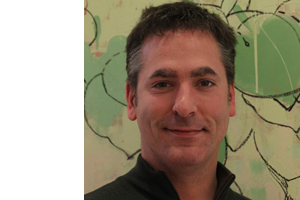 Jason Weeks is the Executive Director of the Cambridge Arts Council, a city department and public non-profit agency in Cambridge, MA. Weeks works with an Advisory Board, Trustees of the non-profit corporation, the Cambridge Public Art Commission, elected officials, city administration and agency staff to oversee an award-winning Public Art/Percent-for-Art program, the Cambridge Arts Grant Program, Street Performer Program, annual events including Cambridge River Festival, Summer in the City, Cambridge Open Studios, and other community based initiatives.
Jason Weeks is the Executive Director of the Cambridge Arts Council, a city department and public non-profit agency in Cambridge, MA. Weeks works with an Advisory Board, Trustees of the non-profit corporation, the Cambridge Public Art Commission, elected officials, city administration and agency staff to oversee an award-winning Public Art/Percent-for-Art program, the Cambridge Arts Grant Program, Street Performer Program, annual events including Cambridge River Festival, Summer in the City, Cambridge Open Studios, and other community based initiatives.
Continue reading “Episode 15: Playing the Long Game for Public Art”

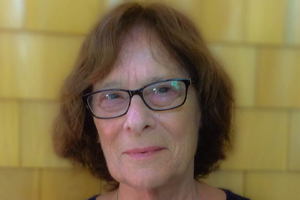 Carol Johnson is a co-founder of
Carol Johnson is a co-founder of 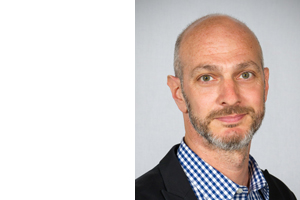 Josh Safdie, AIA is a Principal at
Josh Safdie, AIA is a Principal at 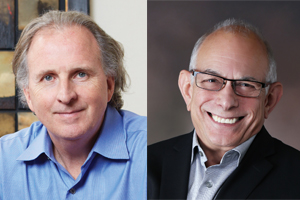
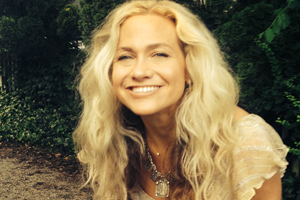 Sally Taylor is a musician and the founder of Consenses, a global, multidisciplinary, artistic collaboration engaging 150 artists from around the world who anonymously interpret each others art and use it as a catalyst for their own artistic expression.
Sally Taylor is a musician and the founder of Consenses, a global, multidisciplinary, artistic collaboration engaging 150 artists from around the world who anonymously interpret each others art and use it as a catalyst for their own artistic expression.